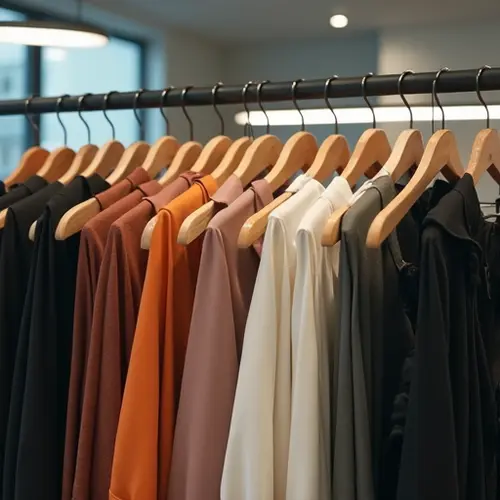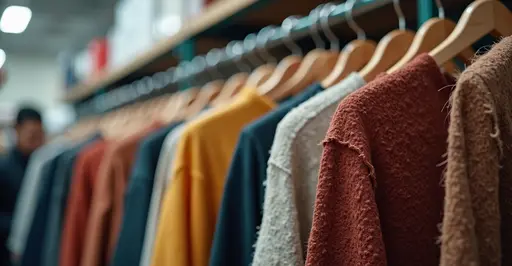Revolutionizing Fashion Sustainability with Blockchain Technology
A groundbreaking circular fashion label has launched with an innovative blockchain-based tracking system that traces garments from their origin through their entire lifecycle, including resale and recycling. This pioneering approach represents a significant leap forward in sustainable fashion technology.
How Blockchain Transforms Fashion Transparency
The new system utilizes blockchain technology to create immutable digital records for each garment. When a piece of clothing is manufactured, it receives a unique digital identity that tracks every stage of its journey. This includes:
- Raw material sourcing and environmental impact data
- Manufacturing processes and labor conditions
- Distribution and retail information
- Ownership transfers and resale history
- Recycling and end-of-life processing
The Circular Economy Model in Action
Circular fashion represents a fundamental shift from the traditional linear "take-make-waste" model to a sustainable closed-loop system. According to the European Parliament's definition, this involves "sharing, leasing, reusing, repairing, refurbishing and recycling existing materials and products as long as possible."
The blockchain integration ensures that each garment's environmental footprint is transparent and verifiable. Consumers can scan a QR code to access comprehensive information about the item's sustainability credentials, including carbon emissions, water usage, and ethical manufacturing practices.
Benefits for Consumers and the Environment
This innovative approach offers multiple advantages:
- Enhanced Transparency: Customers can verify sustainability claims and make informed purchasing decisions
- Increased Resale Value: Complete provenance history makes pre-owned items more valuable
- Waste Reduction: Extended product lifecycles significantly reduce textile waste
- Carbon Footprint Tracking: Real-time environmental impact monitoring
Industry Impact and Future Prospects
The fashion industry has been increasingly adopting circular economy principles since the landmark 2017 Ellen MacArthur Foundation report "A New Textile Economy: Redesigning Fashion's Future." The European Commission's "EU strategy for sustainable and circular textiles," launched in March 2022, has further accelerated this transition.
Blockchain technology provides the missing link in creating truly transparent and verifiable circular fashion systems. As consumers become more environmentally conscious, demand for traceable and sustainable fashion options continues to grow exponentially.
This launch represents a significant milestone in the intersection of fashion, technology, and sustainability, potentially setting new standards for the entire industry.

 Nederlands
Nederlands English
English Français
Français Deutsch
Deutsch Español
Español Português
Português






